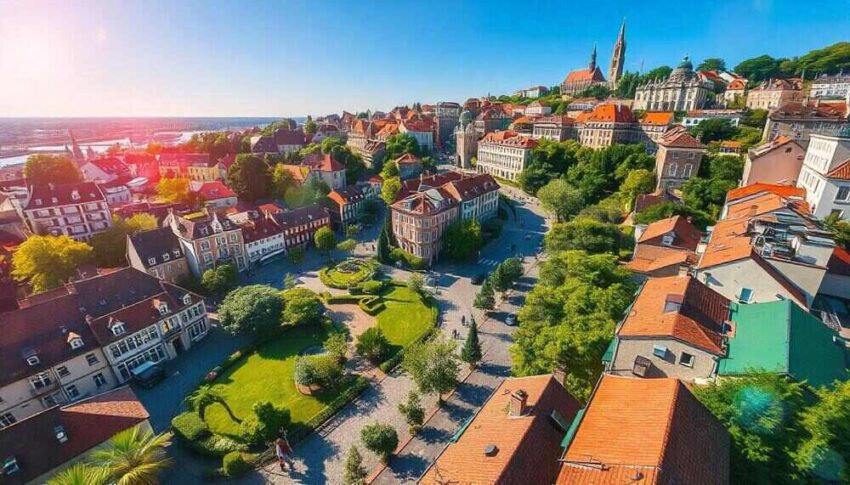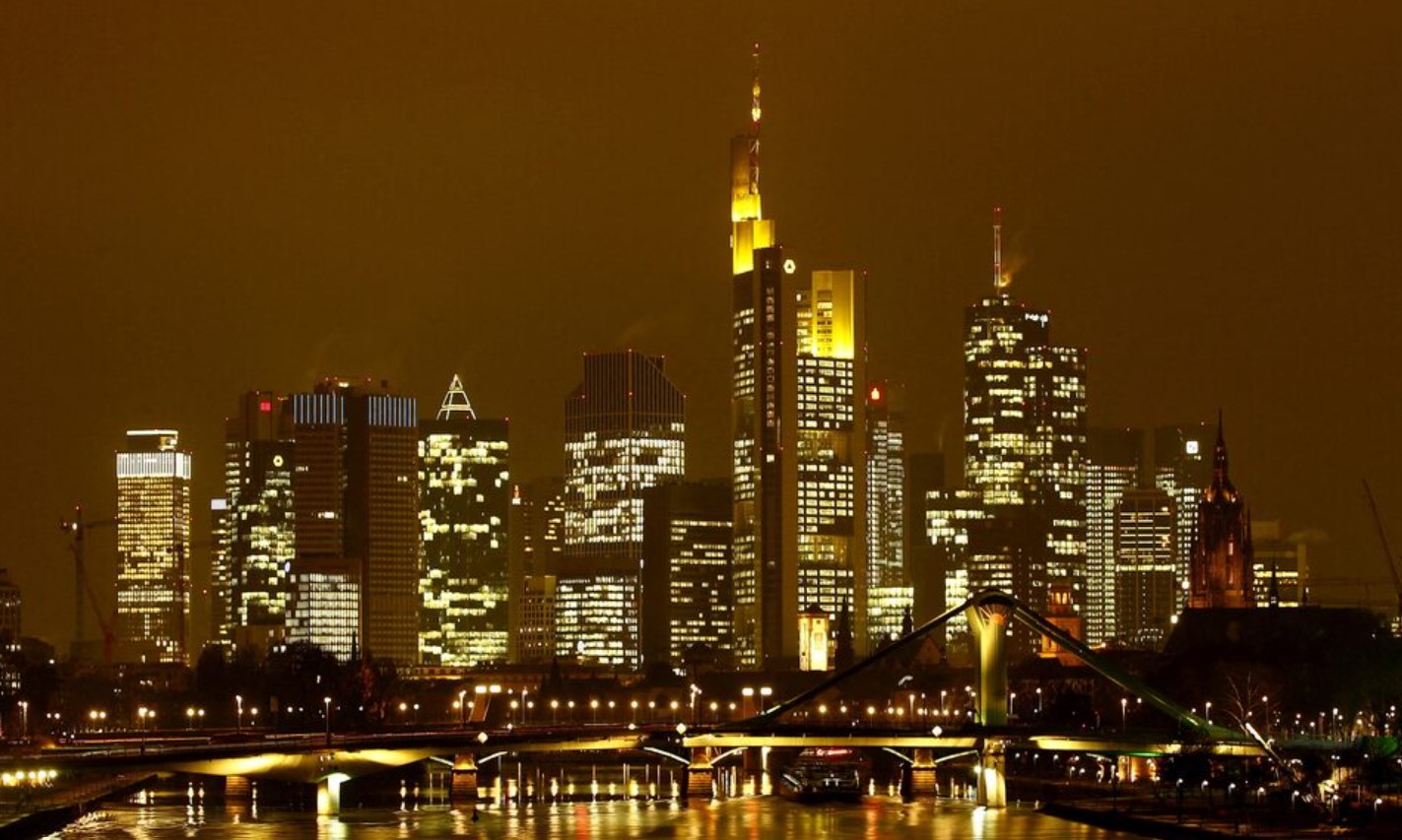Tech
Vsquared closes second fund of €214m to cash in on Europe’s deeptech boom

Munich-based Vsquared Ventures has closed its second fund — a €214m vehicle — to invest in early-stage, deeptech startups.
The firm will write cheques of between €500k-€5m into roughly 25 companies. Two-thirds of the fund is saved for follow-on investments.
Vsquared founding partner Thomas Oehl says the fund closed significantly above the initial target size of €165m — partially because there is “deeptech momentum in Europe and a better understanding of why it is important”.
Vsquared’s portfolio includes satellite launcher Isar Aerospace, quantum computing hardware provider IQM Quantum, brain-computer-interface developer Inbrain Neuroelectronics and reusable rocket maker The Exploration Company.
A pan-European fund
Vsquared aims to be the first institutional investor writing cheques for deeptech startups, says Oehl.
With its new fund, the firm will invest across six themes: AI and next-gen software, energy transition, new computing and sensing, space, tech bio and robotics and manufacturing.
Vsquared has already made eight investments with the new fund, including lithium-ion battery recycling startup Cylib, embedded chips startup Synthara and robotics startup Neura Robotics.
It’s backed by mostly European LPs, which was deliberate to “showcase” that Vsquared is a pan-European fund, says Oehl.
The LPs include Novo Holdings, the NATO Innovation Fund, the Export and Investment Fund of Denmark, the European Investment Fund and Germany’s KfW Capital.
Two or three years ago, you had to explain a lot why you were doing deeptech investments, and that has completely changed.
It also has some founders as LPs, including Simon Bolz of healthcare communication startup Klara.com as well as Dr. Oliver Trinchera and Dr. Alexander Huettenbrink, cofounders of Kinexon, a location system that offers tracking for industrial settings and sports games.
“Two or three years ago, you had to explain a lot why you were doing deeptech investments, and that has completely changed. There is no question around that anymore,” says Lise Rechsteiner, general partner at Vsquared.
“I think everyone has come to realise that this is where we build strength (in Europe) and how we can build a competitive advantage as well.”
Building a resilient deeptech ecosystem in Europe
Europe’s strength as a deeptech ecosystem is underpinned by the quality of its universities, scientific research and graduate talent, says Rechsteiner.
“Now we’re seeing a shift towards commercialising that in Europe and maybe a new … self belief that we can really build something big out of Europe too,” she says. “I think this is also what’s helped us with this fundraise. There are a lot of positive attitudes towards building really strong global companies out of Europe.”
Outside the “obvious” cities like Munich, London, Paris and Stockholm, Rechsteiner sees Vilnius, as well as the broader Baltic region, and Copenhagen as “super exciting hubs.”
The Baltics is strong when it comes to cybersecurity and tech bio, she says, while Copenhagen is a hub for quantum and biomanufacturing.
But while there is “immense opportunity” for Europe to build deeptech champions, there are a few roadblocks that stand in the way, says Rechsteiner.
“One of the large challenges in Europe is fragmentation,” she says.
“If you think of the IPO market in the US you have one tech IPO market, the Nasdaq. In Europe the IPO markets are decentralised. That makes the investor base highly fragmented and not particularly accommodating for not-yet-profitable companies.
“There are some interesting initiatives right now trying to push a unified European entity, just like you would have in the US for example,” she adds.
“If something like that would be possible it would reduce bureaucratic hurdles for startups expanding in Europe. Getting rid of hurdles and trying to really see Europe as a united region would be amazing.”










